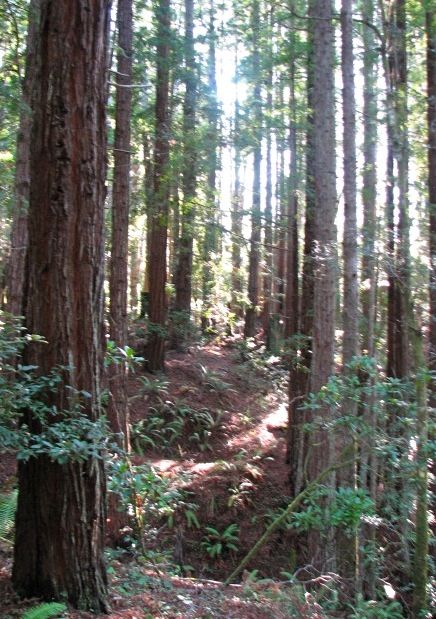


Seven parts of an ecological imagination.
What is an ecological inquiry?
Ecologically based accounting.
Defining ecology simply.
Ecological imagination
The initial requirement for environmental literacy is a creative ( imaginative ) capacity to tie awareness of a problem to evidence and understand how competing and cooperating factors together relate to formulating responses to opportunites that may remedy a situation and alter social behavior.






